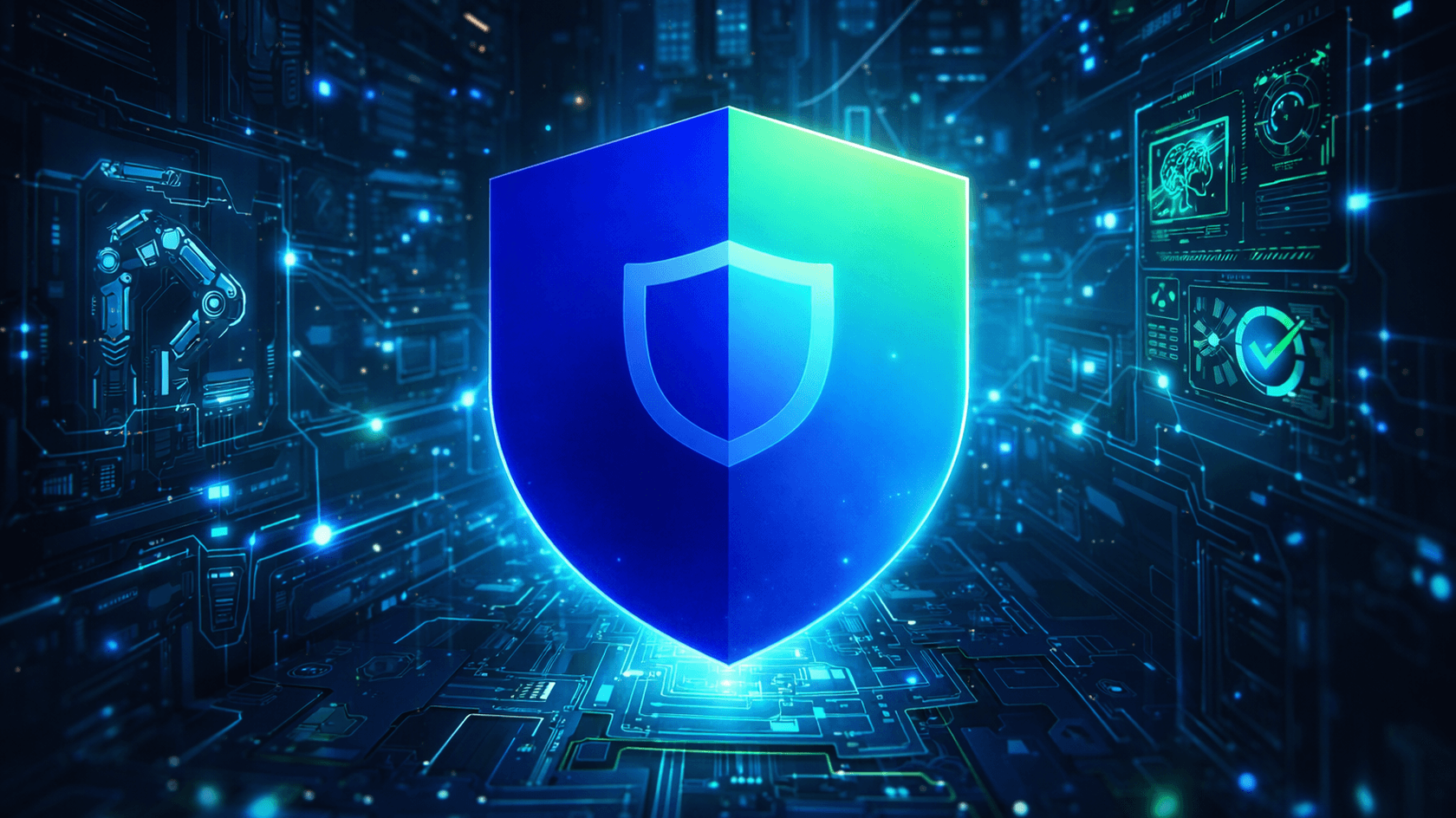News
- ai
- news
- 27 Feb 26
Trust Wallet Introduces AI Tools for Developers
The developers of the popular crypto wallet launched a smart skills marketplace, promising to open new features to everyday users soon.
0
- markets
- news
- 27 Feb 26
MoonPay, M0 Alongside PayPal Launch PYUSDx Platform
Developers Will Quickly Create Custom Stablecoins Based on PayPal USD.
0
- security
- regulation
- news
- 27 Feb 26
South Korea’s National Tax Service Accidentally Leaked the Seed Phrase of a Seized Wallet
The publication of an official press release resulted in the loss of millions of dollars due to one careless photograph.
0
- nft
- markets
- news
- 27 Feb 26
Magic Eden Abandons Multichain Wallet in Favor of Solana
The Largest NFT Marketplace Prepares for Massive Asset Delisting to Support a New Business Direction
0
- markets
- ecosystems
- news
- 26 Feb 26
Telegram Wallet Launches On-Chain Yield for Cryptocurrencies
Developers introduced non-custodial staking tools for the messenger’s users.
0
- markets
- news
- 26 Feb 26
World Liberty Puts Its Staking Model for Project Governance to a Vote
Voting Rights Will Be Linked to Token Lockups, and Arbitrage Revenue Will Be Redistributed to Governance Participants.
0
- markets
- security
- news
- 26 Feb 26
Axiom Crypto Exchange Employees Caught Insider Trading
The platform team used internal access to track influencer wallets for personal gain.
0
- markets
- news
- 26 Feb 26
Kalshi Fines MrBeast Editor for Insider Trading
Popular YouTube Channel Employee Profits Off Insider Info on Upcoming Videos, Landing a Hefty Fine Along With a Two-Year Ban
0
- markets
- news
- 25 Feb 26
Bitcoin Adoption is Compounding Despite the 50% Price Drawdown, River’s Report Says
A new report suggests institutional trust is hitting record highs, with banks and nation-states ignoring the "bear market" narrative to stack over 800,000 BTC in a single year.
0
- markets
- news
- 25 Feb 26
Travala Rolls Out Car Rentals with Crypto Across 150 Countries
Crypto travelers can now book rides at 50,000 locations using Bitcoin, Solana, and other digital assets in a major platform expansion.
0







